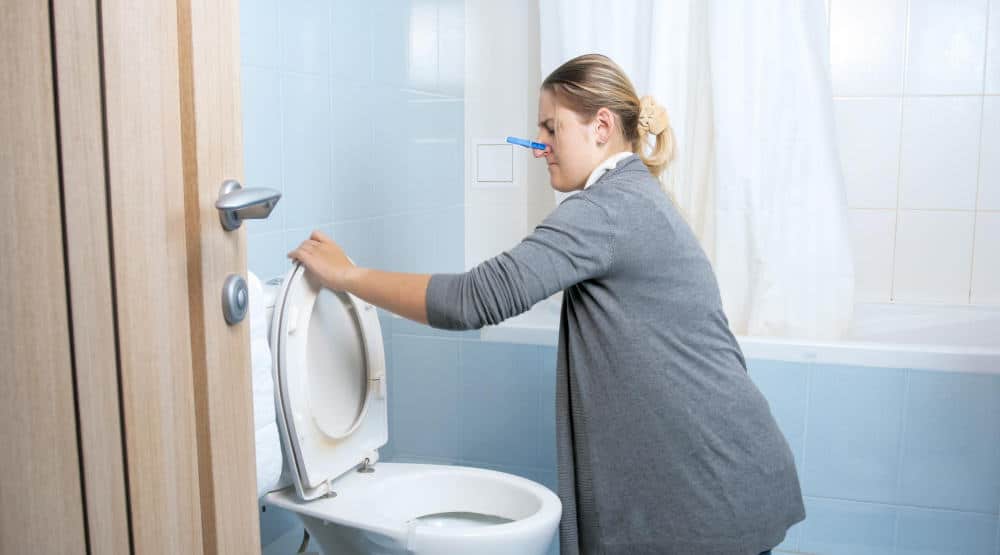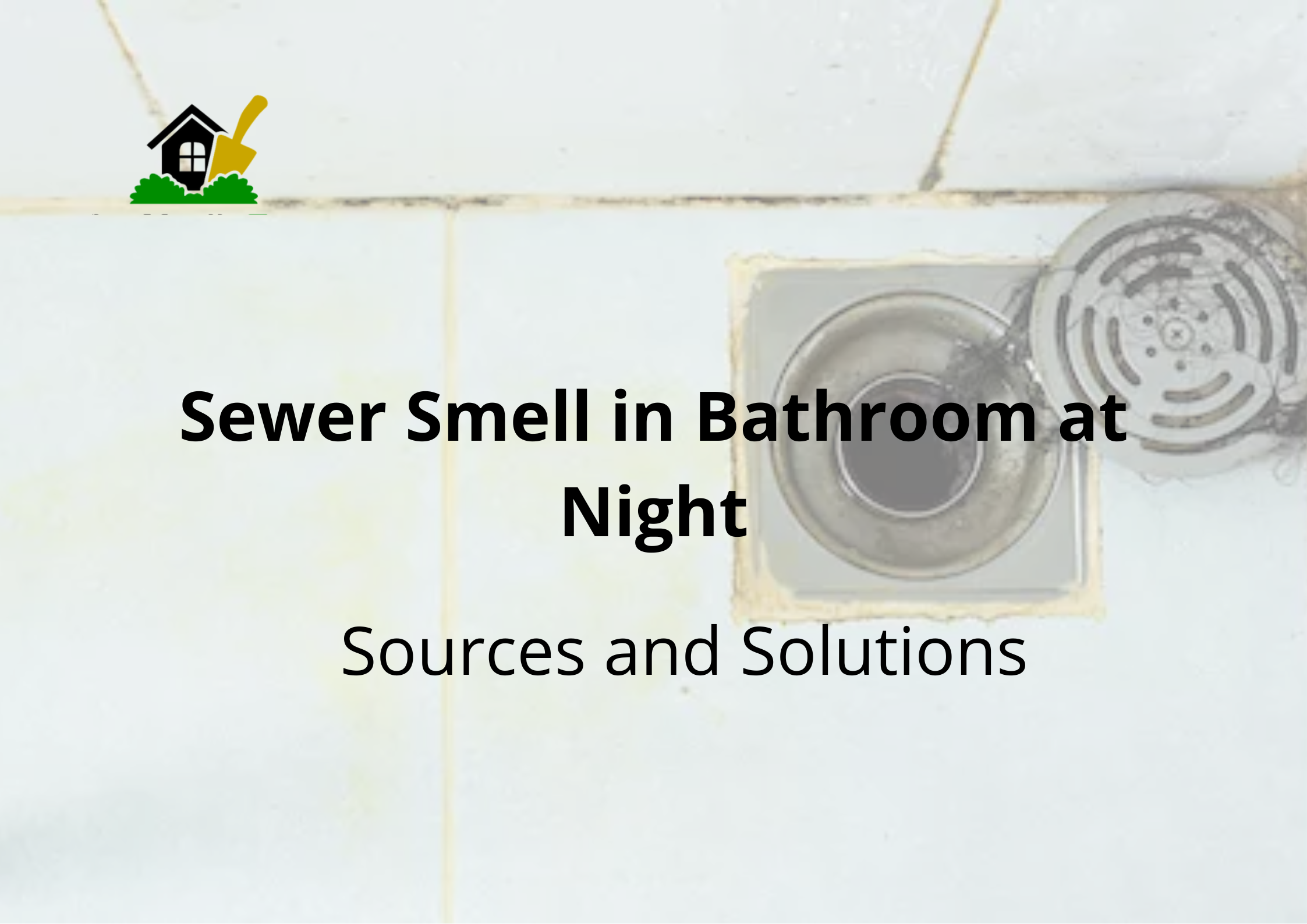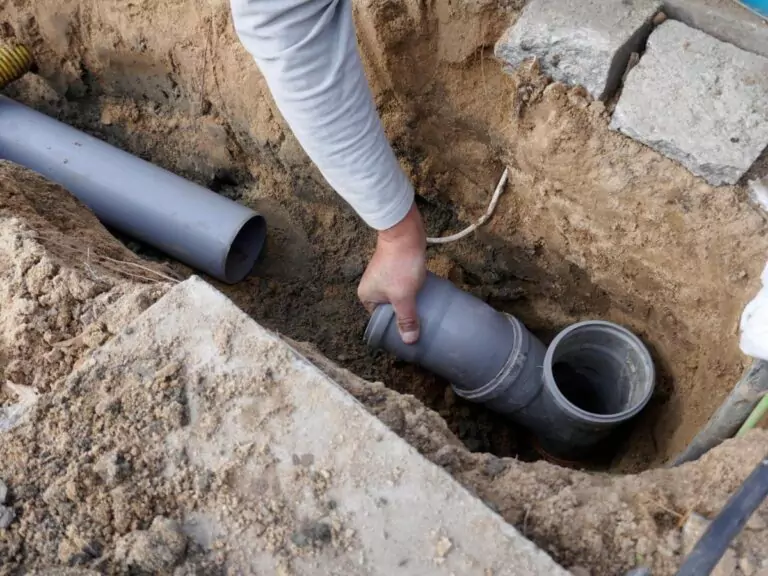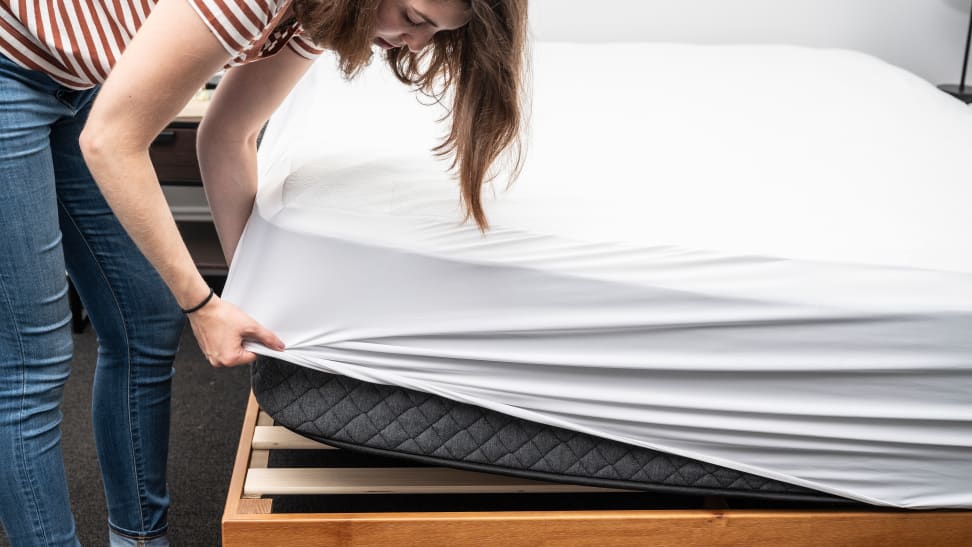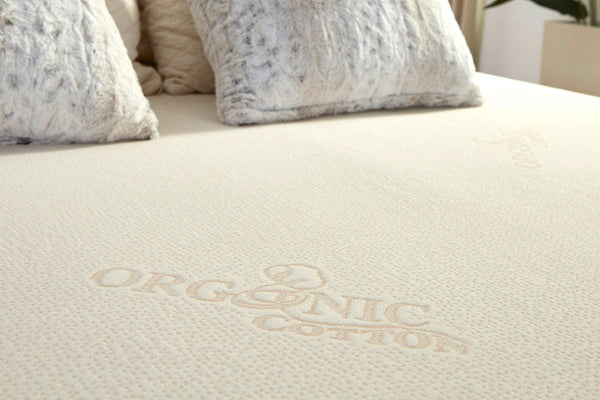If you've noticed a funky odor coming from your bathroom sink, chances are it's a sewer smell. This unpleasant smell can be caused by a variety of issues, ranging from simple clogs to more serious plumbing problems. To get rid of the smell, it's important to first understand the root cause. One possible cause of sewer smell in your bathroom sink is a dried out P-trap. This curved pipe under the sink is designed to hold a small amount of water, which acts as a barrier against sewer gases. If the P-trap dries out due to lack of use or a leak, it can allow sewer smell to escape into your bathroom. Another common cause of sewer smell is a clogged drain. When debris, hair, and other materials build up in your pipes, it can create a blockage that traps odor-causing bacteria and gases. This can also lead to slow drainage and backups, making the smell even worse. In some cases, the smell may be coming from a larger plumbing issue, such as a cracked or broken sewer line. This can allow sewer gases to escape and cause a foul smell in your bathroom. If you suspect a larger issue, it's important to call a professional plumber for an inspection and repair.1. Causes of Sewer Smell in Bathroom Sink
Now that you know some of the possible causes of sewer smell in your bathroom sink, it's time to tackle the problem and get rid of the odor. The first step is to clean your sink thoroughly. Use a mixture of hot water and baking soda to scrub the inside of the sink, including the drain and overflow holes. Next, pour a mixture of hot water and vinegar down the drain to help break up any clogs or buildup. You can also add a few drops of essential oil to the mixture for a pleasant scent. Let it sit for a few minutes before flushing it out with hot water. If the smell persists, you may need to remove the P-trap and clean it out. This curved pipe can easily become clogged with debris, causing a buildup of unpleasant odors. Use a small brush or pipe cleaner to scrub the inside of the P-trap and rinse it thoroughly before reattaching it. If these methods do not work, it's best to call a professional plumber for further assistance. They can use specialized tools and techniques to identify and remove any clogs or blockages in your pipes.2. How to Get Rid of Sewer Smell in Bathroom Sink
In addition to cleaning and unclogging your sink, there are some other solutions that can help eliminate sewer smell in your bathroom sink. One option is to use a drain deodorizer or enzyme-based cleaner. These products can help break down organic matter and eliminate odors. You may also want to consider installing a mesh drain cover to catch hair and other debris before it can clog your pipes. Regularly cleaning and maintaining your sink can also help prevent future sewer smells. In some cases, the issue may be with the venting system in your plumbing. If the vent pipes become clogged or damaged, it can prevent proper ventilation and lead to sewer smells in your sink. A professional plumber can inspect and repair any issues with your venting system. It's important to note that using harsh chemical drain cleaners can actually make the problem worse. These products can damage your pipes and create more buildup, leading to a stronger and more persistent sewer smell. Stick to natural and gentle cleaning methods to avoid causing further damage.3. Common Solutions for Sewer Smell in Bathroom Sink
If you prefer to try some DIY remedies before calling a professional, there are a few simple solutions you can try to get rid of sewer smell in your bathroom sink. One popular method is to pour a mixture of hot water and dish soap down the drain. Let it sit for a few minutes before flushing it out with hot water. You can also try using a mixture of baking soda and lemon juice to scrub the inside of your sink and drain. Lemon has natural antibacterial properties that can help eliminate odors, while the baking soda acts as a gentle abrasive to remove any buildup. If you have a garbage disposal, it's important to keep it clean to prevent any lingering odors. You can use a mixture of ice cubes, salt, and lemon peels to scrub the inside of the disposal and leave it smelling fresh.4. DIY Remedies for Sewer Smell in Bathroom Sink
If you've tried all of these DIY methods and the sewer smell in your bathroom sink persists, it's time to call a professional plumber. They have the training, experience, and equipment to properly diagnose and fix any plumbing issues that may be causing the smell. A professional plumber can also provide regular maintenance services to keep your plumbing in top condition and prevent future sewer smells. This can save you time, money, and hassle in the long run. Don't hesitate to call in a professional if you are unsure of the source of the sewer smell or if you suspect a larger plumbing issue. Ignoring the problem can lead to more serious and costly repairs down the road.5. Professional Plumbing Services for Sewer Smell in Bathroom Sink
Preventing sewer smell in your bathroom sink starts with regular maintenance and good habits. Here are a few tips to keep your sink smelling fresh: - Run hot water down the drain after using your bathroom sink to help prevent clogs and keep the P-trap full. - Avoid pouring grease, oil, and coffee grounds down the drain, as they can cause buildup and clogs. - Use a hair catcher or mesh drain cover to prevent hair and other debris from going down the drain. - Avoid using harsh chemical drain cleaners, as they can damage your pipes and make the problem worse. - Schedule regular plumbing maintenance to catch and fix any issues before they become major problems.6. Tips for Preventing Sewer Smell in Bathroom Sink
If the sewer smell in your bathroom sink persists even after trying DIY remedies and professional plumbing services, it may be a sign of a larger plumbing issue. Here are some signs to look out for: - Slow or clogged drains in multiple areas of your home - Gurgling noises coming from your pipes - Water backing up into other drains when using your bathroom sink - Soggy or foul-smelling areas in your yard If you notice any of these signs, it's important to call a professional plumber for an inspection. They can identify the source of the problem and provide the necessary repairs.7. Signs of a Larger Plumbing Issue Causing Sewer Smell in Bathroom Sink
Identifying the source of the sewer smell in your bathroom sink can be tricky, but there are a few steps you can take to narrow down the possibilities: - Check the P-trap and clean it if necessary - Inspect the drain cover and overflow holes for any debris - Run hot water down the drain to see if the smell dissipates - Use a flashlight to look for any visible clogs or damage in your pipes If these methods do not reveal the source of the smell, it's best to call a professional plumber for further assistance.8. How to Identify the Source of Sewer Smell in Bathroom Sink
When dealing with a sewer smell in your bathroom sink, it's important to avoid making these common mistakes: - Using harsh chemical drain cleaners - Ignoring the issue and hoping it will go away on its own - Attempting complex plumbing repairs without the necessary training and experience - Neglecting regular plumbing maintenance - Using your bathroom sink less frequently, which can lead to a dried out P-trap and worsen the smell By avoiding these mistakes and following the proper steps to eliminate the sewer smell, you can effectively get rid of the problem and prevent it from coming back.9. Common Mistakes That Can Make Sewer Smell in Bathroom Sink Worse
Regular plumbing maintenance is essential for preventing sewer smell in your bathroom sink. By scheduling regular inspections and maintenance with a professional plumber, you can catch and fix any issues before they become major problems. During maintenance visits, a plumber can also clean your pipes and perform any necessary repairs to keep your plumbing in top condition. This can save you time, money, and hassle in the long run and help prevent unpleasant odors from plaguing your bathroom. In conclusion, sewer smell in your bathroom sink can be caused by a variety of issues, but with proper maintenance and care, it can be effectively eliminated and prevented. By understanding the causes and following the proper steps, you can keep your bathroom smelling fresh and clean. Remember to always seek professional help if you are unsure of the source of the smell or if DIY methods do not work. With the right approach, you can say goodbye to sewer smell in your bathroom sink for good.10. Importance of Regular Maintenance to Prevent Sewer Smell in Bathroom Sink
Understanding and Solving the Issue of a Sewer Smell in Your Bathroom Sink

The Importance of a Functional Bathroom Sink
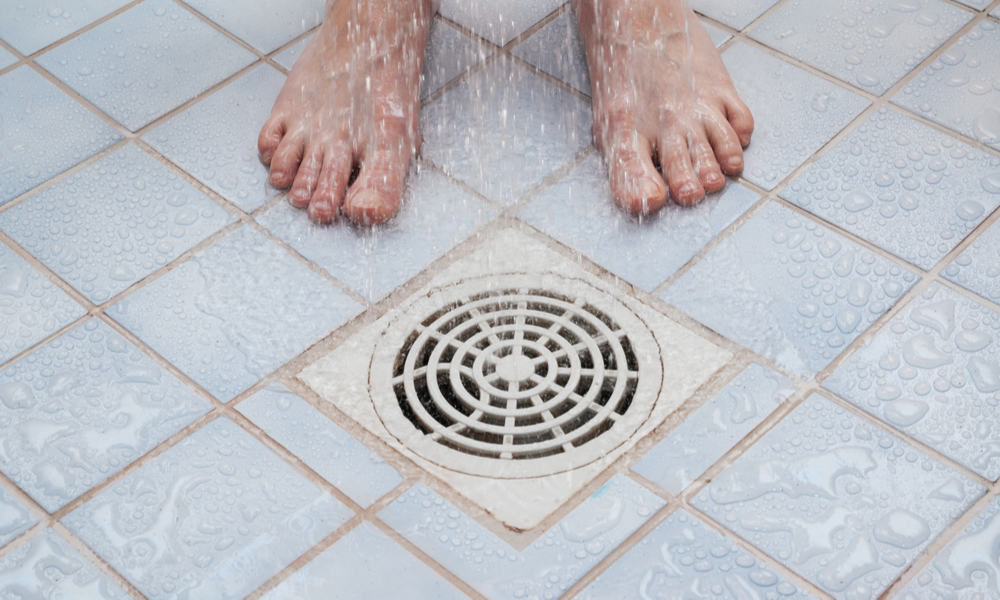 A bathroom sink is an essential element in any home. It is a basic necessity that allows us to perform daily tasks such as brushing our teeth, washing our hands, and even getting ready for the day. However, a malfunctioning bathroom sink can quickly become a nuisance and disrupt our daily routine. One of the most common issues that homeowners face with their sinks is a sewer smell. This unpleasant odor can not only be a source of embarrassment, but it can also indicate a larger problem within your plumbing system.
A bathroom sink is an essential element in any home. It is a basic necessity that allows us to perform daily tasks such as brushing our teeth, washing our hands, and even getting ready for the day. However, a malfunctioning bathroom sink can quickly become a nuisance and disrupt our daily routine. One of the most common issues that homeowners face with their sinks is a sewer smell. This unpleasant odor can not only be a source of embarrassment, but it can also indicate a larger problem within your plumbing system.
The Causes of a Sewer Smell in Your Bathroom Sink
 The first step in solving any problem is to understand its root cause. In the case of a sewer smell in your bathroom sink, there are a few common culprits. One of the main causes is a dried out P-trap. The P-trap is a curved section of piping that is designed to hold water and create a seal, preventing sewer gases from entering your home. If the water in the P-trap evaporates, it can no longer perform its function, resulting in a sewer smell. Other possible causes include a clogged or damaged vent pipe, a cracked drain line, or even a broken wax ring on the toilet.
The first step in solving any problem is to understand its root cause. In the case of a sewer smell in your bathroom sink, there are a few common culprits. One of the main causes is a dried out P-trap. The P-trap is a curved section of piping that is designed to hold water and create a seal, preventing sewer gases from entering your home. If the water in the P-trap evaporates, it can no longer perform its function, resulting in a sewer smell. Other possible causes include a clogged or damaged vent pipe, a cracked drain line, or even a broken wax ring on the toilet.
How to Solve the Issue
 Now that you understand the potential causes of a sewer smell in your bathroom sink, it's time to take action. The first step is to locate the source of the odor. If it seems to be coming from the sink itself, try running the water for a few minutes to refill the P-trap. If the smell persists, it may be necessary to clean the drain thoroughly with a mixture of vinegar and baking soda. If the smell is coming from the toilet, it may be necessary to replace the wax ring. If you are unsure of the source of the odor or are unable to solve the issue on your own, it is best to consult a professional plumber.
Now that you understand the potential causes of a sewer smell in your bathroom sink, it's time to take action. The first step is to locate the source of the odor. If it seems to be coming from the sink itself, try running the water for a few minutes to refill the P-trap. If the smell persists, it may be necessary to clean the drain thoroughly with a mixture of vinegar and baking soda. If the smell is coming from the toilet, it may be necessary to replace the wax ring. If you are unsure of the source of the odor or are unable to solve the issue on your own, it is best to consult a professional plumber.
Preventing Future Issues
 As the saying goes, prevention is better than cure. To avoid future sewer smells in your bathroom sink, there are a few simple steps you can take. First, make sure to regularly clean your sink and drain to prevent any buildup of debris and bacteria. Additionally, avoid pouring any harsh chemicals down your drain, as they can damage the pipes and potentially contribute to a sewer smell. Finally, if you notice any leaks or strange odors coming from your sink, address them promptly to prevent larger issues from arising.
In conclusion, a sewer smell in your bathroom sink can be a frustrating and unpleasant problem to deal with. However, with a little understanding and some preventative measures, you can solve the issue and ensure a functional and odor-free bathroom sink in your home. Don't hesitate to seek professional help if needed, and remember to regularly maintain your sink to prevent future issues from occurring.
As the saying goes, prevention is better than cure. To avoid future sewer smells in your bathroom sink, there are a few simple steps you can take. First, make sure to regularly clean your sink and drain to prevent any buildup of debris and bacteria. Additionally, avoid pouring any harsh chemicals down your drain, as they can damage the pipes and potentially contribute to a sewer smell. Finally, if you notice any leaks or strange odors coming from your sink, address them promptly to prevent larger issues from arising.
In conclusion, a sewer smell in your bathroom sink can be a frustrating and unpleasant problem to deal with. However, with a little understanding and some preventative measures, you can solve the issue and ensure a functional and odor-free bathroom sink in your home. Don't hesitate to seek professional help if needed, and remember to regularly maintain your sink to prevent future issues from occurring.




.jpg)

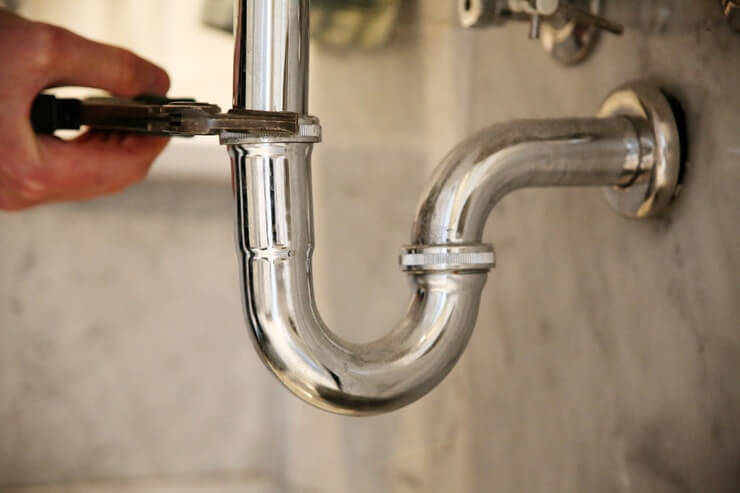



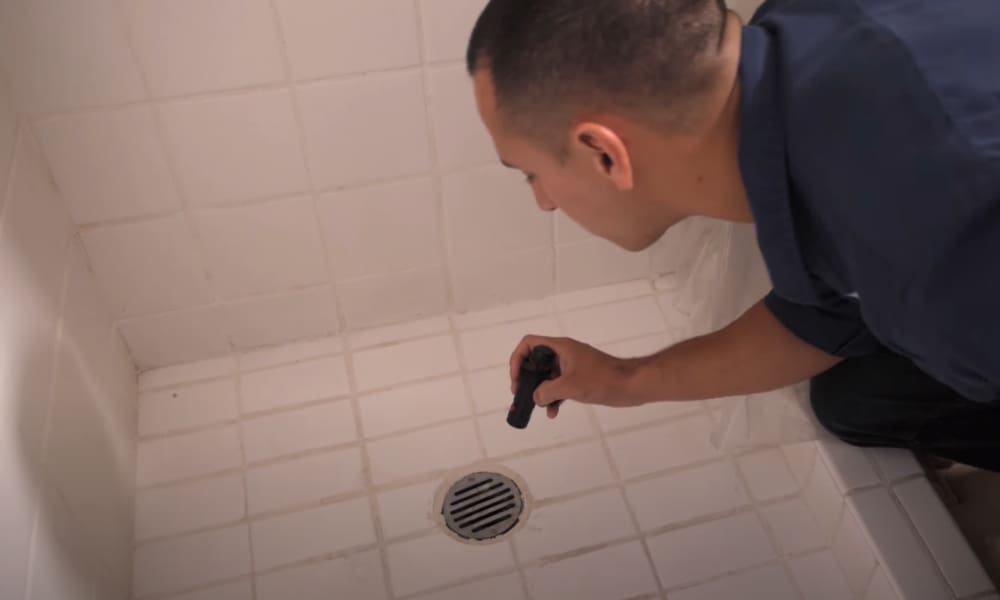

























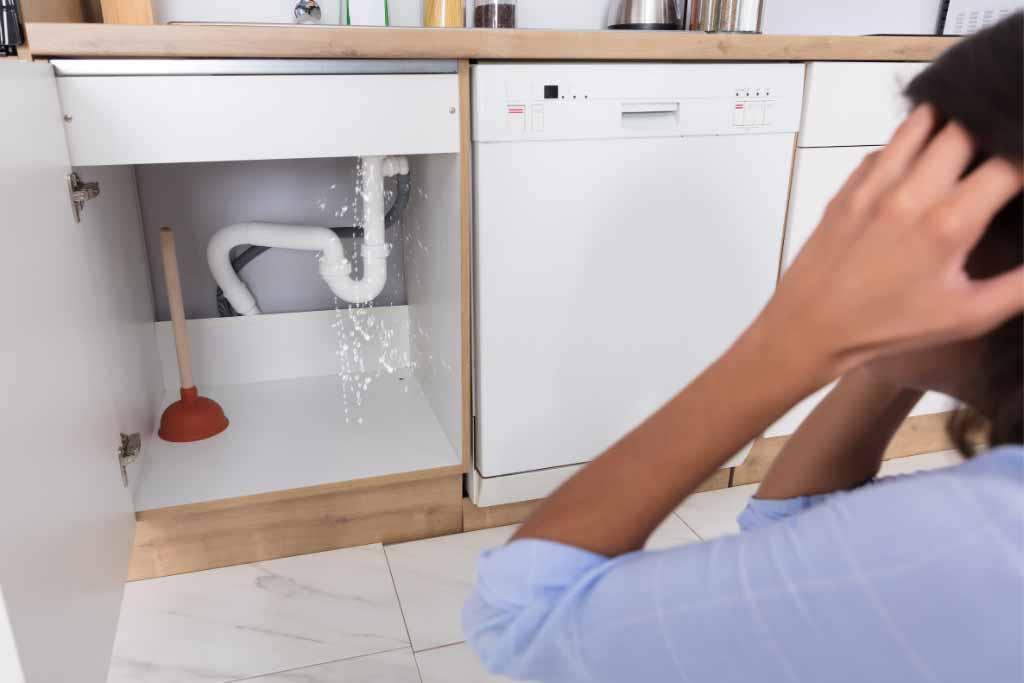



:max_bytes(150000):strip_icc()/sink-pipe-under-wash-basin-119001607-6f28aec4c66944efb7a9a38cb622ab8b.jpg)
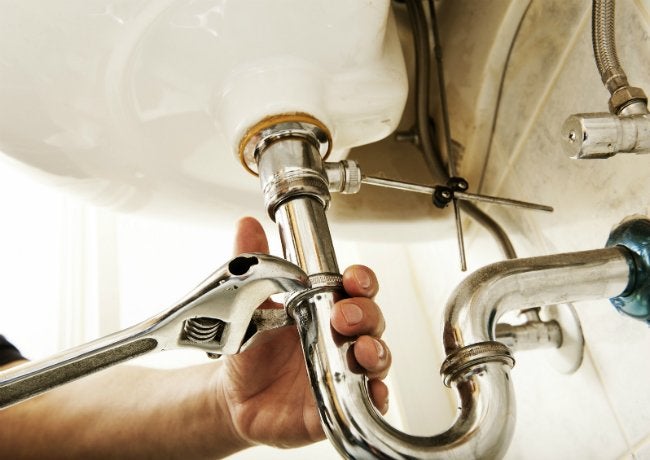
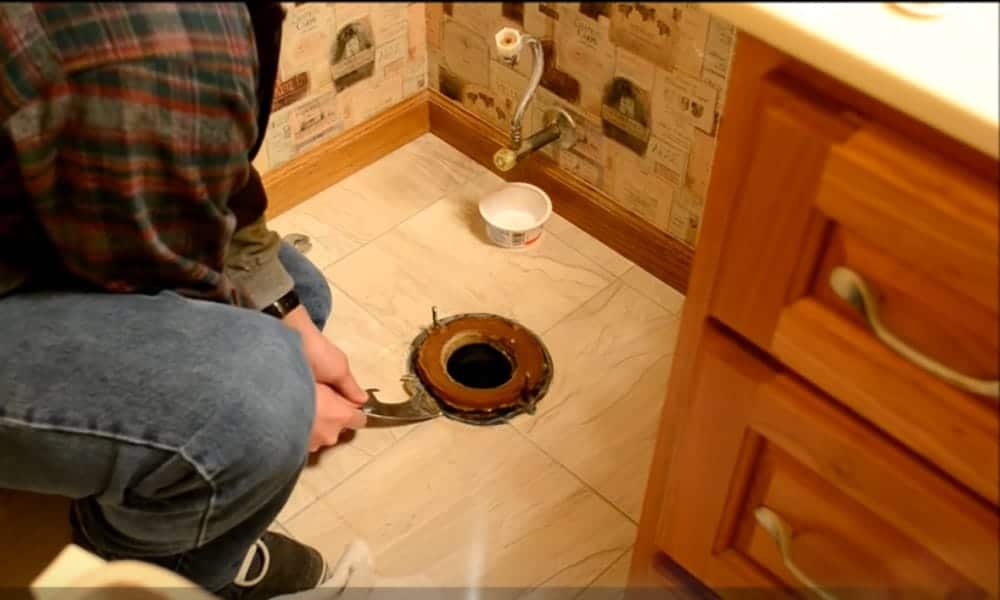

/GettyImages-949595696-832041e58ff24c7eadffa5e0e3492fd6.jpg)



